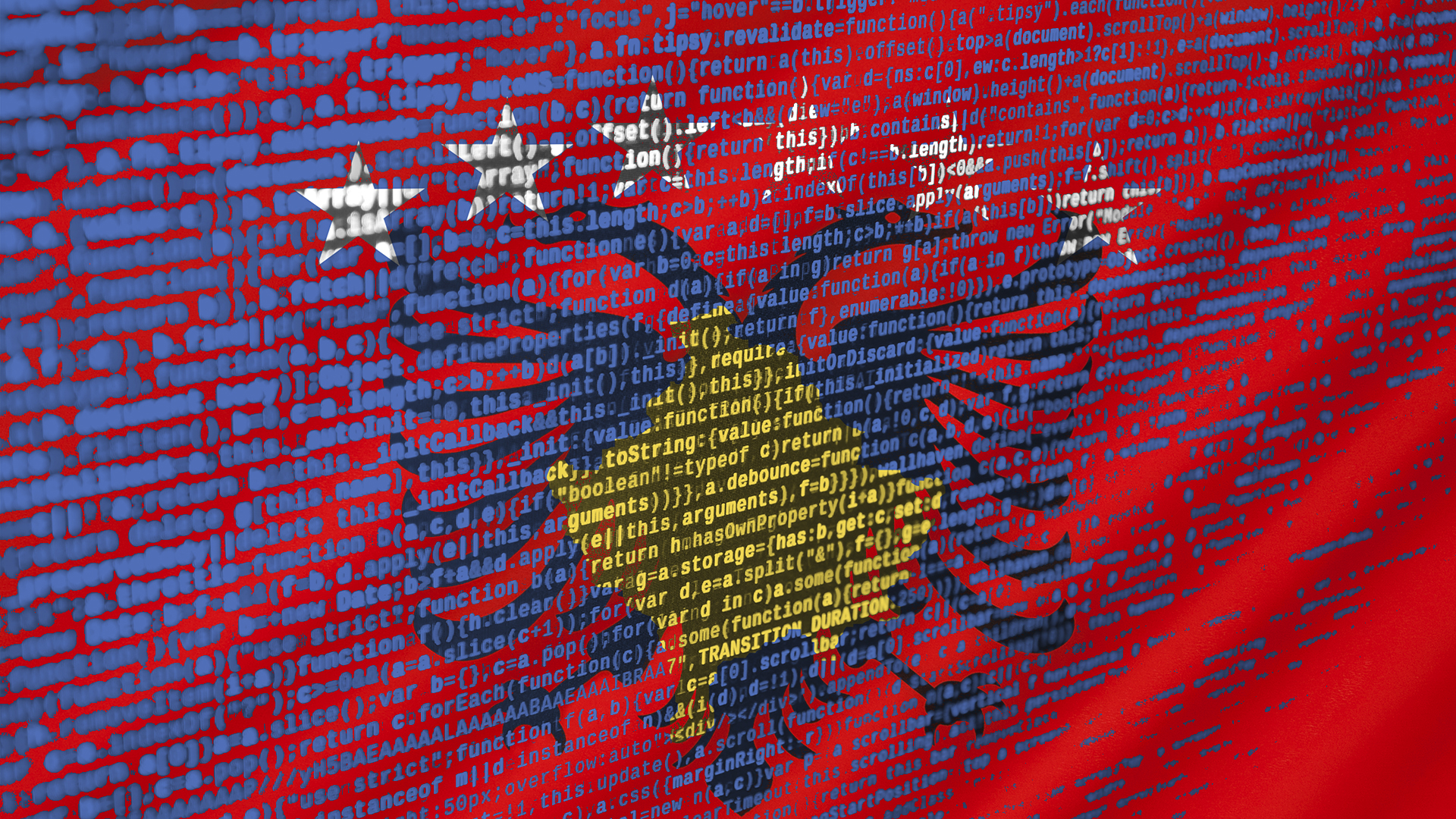
I am Kosovar-Albanian
“Kosovar” does not undermine my Albanian identity.

Arbër Qerka-Gashi
Arbër Qerka-Gashi is a London-based writer, curator and researcher. He holds a BA in History from Goldsmiths, University of London, and a master’s in Gender, Sexuality, and Culture from Birkbeck, University of London. He writes on themes related to the Balkans, Albanian identity, diaspora experiences and Kosovo’s cultural expression.
This story was originally written in English.